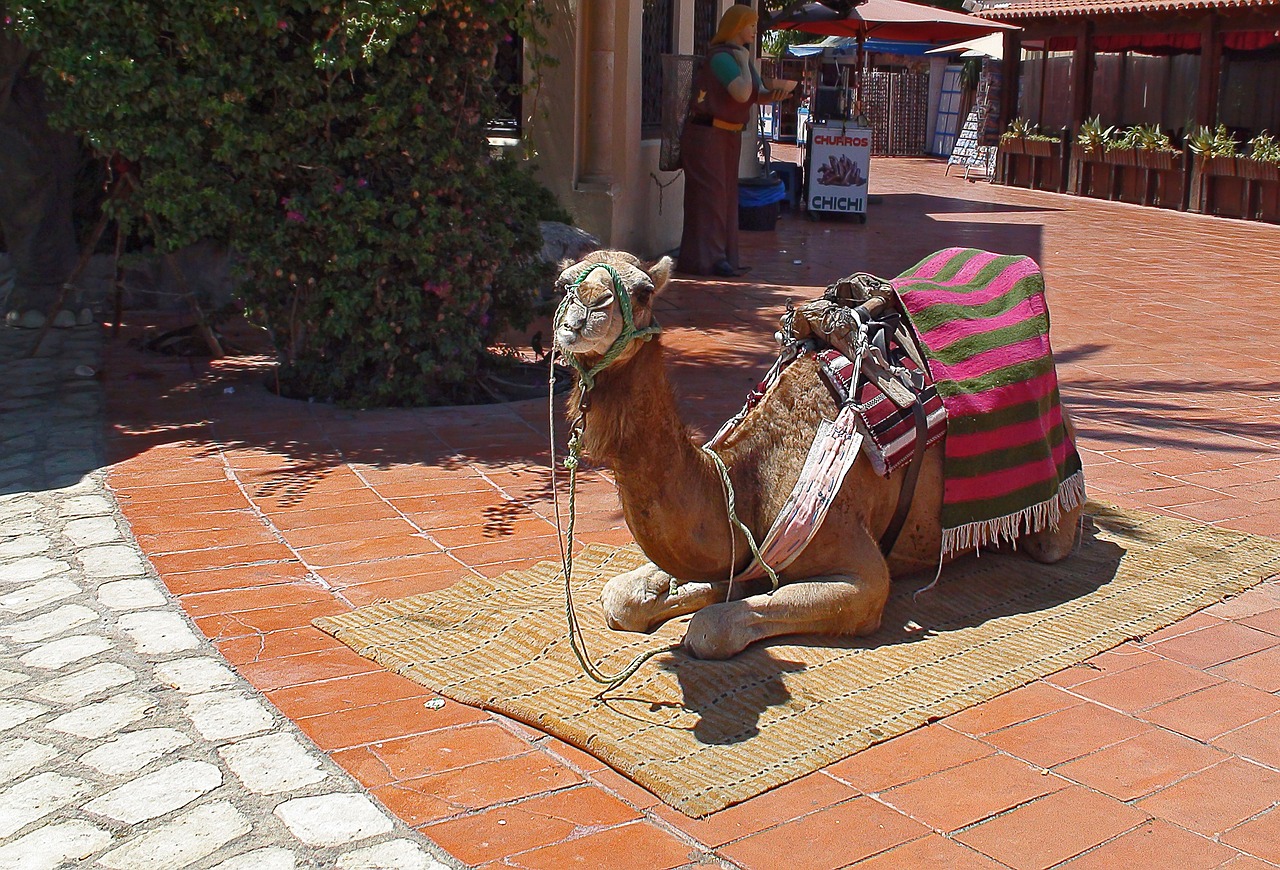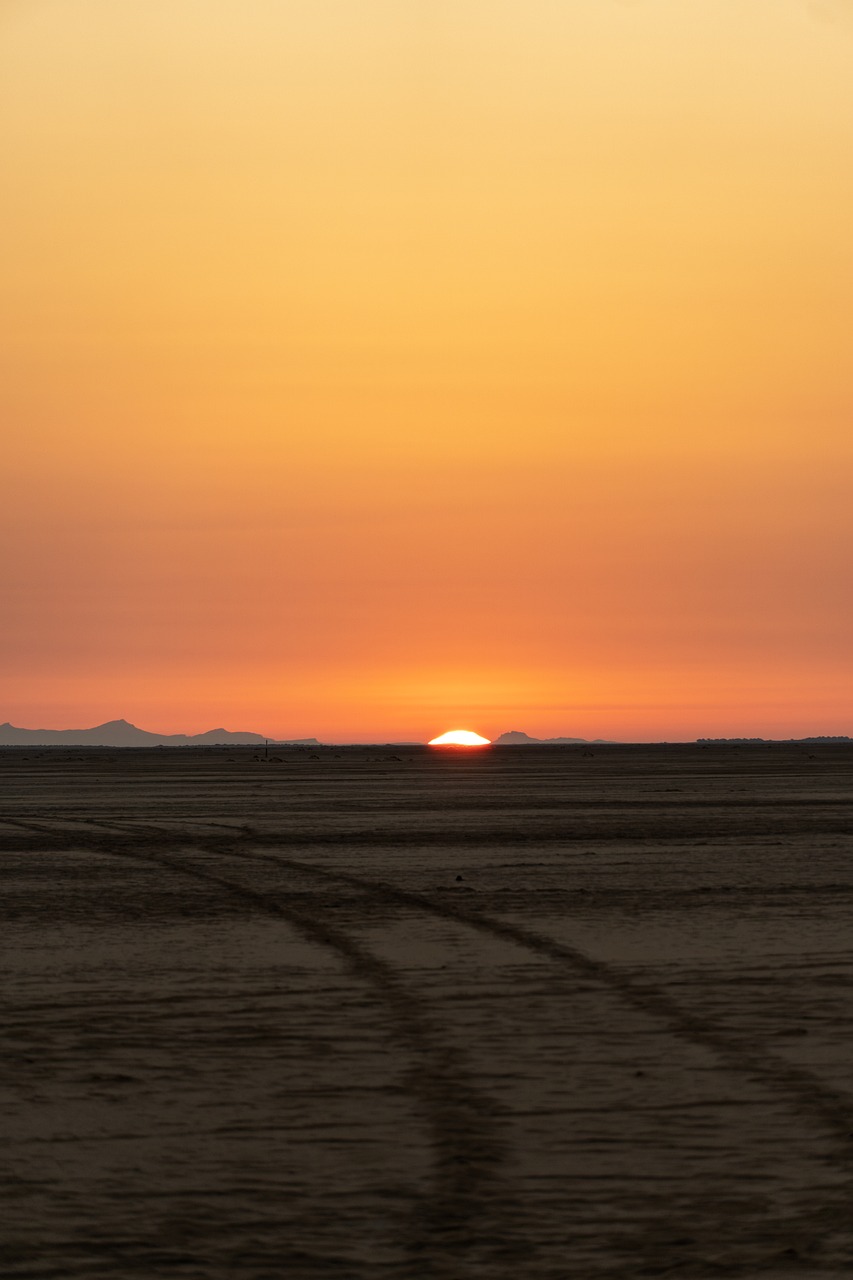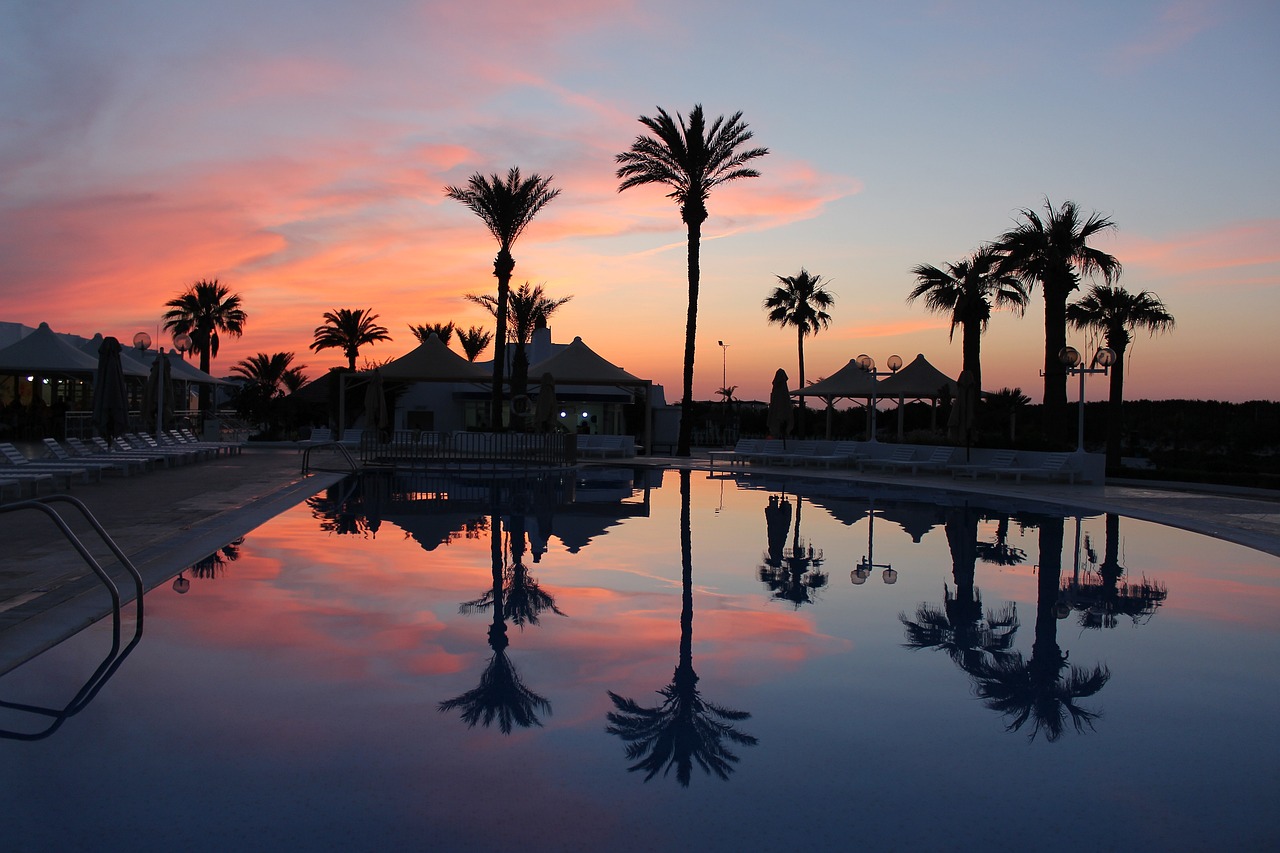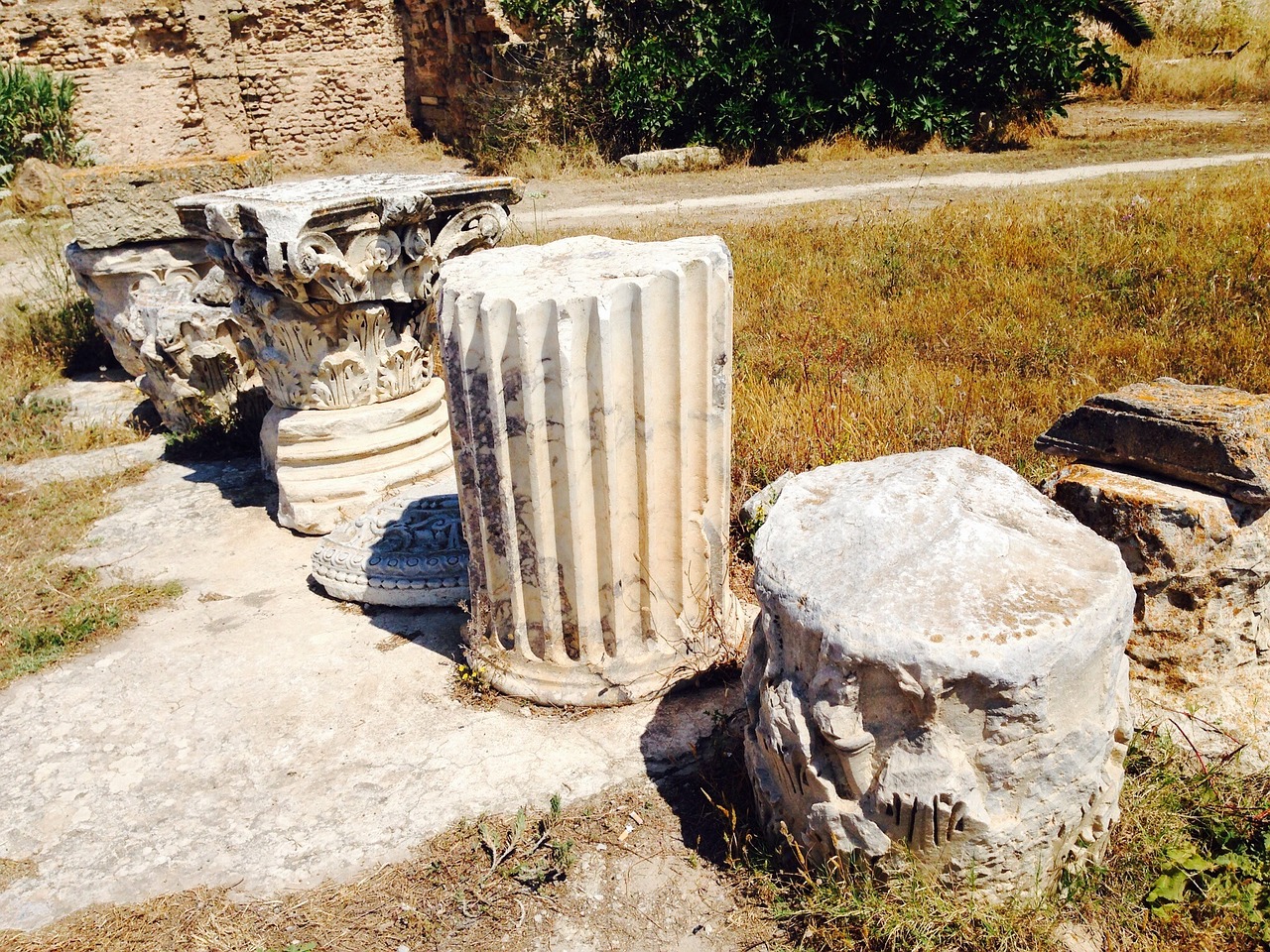Avoiding Tourist Traps in Tunisia
Tunisia, a North African gem known for its rich history, stunning landscapes, and vibrant culture, attracts a significant number of tourists each year. While exploring this beautiful country, it’s important to be aware of potential tourist traps that can hinder your experience. By following these insider tips, you can navigate Tunisia like a local and ensure a memorable and authentic journey.
Understanding Local Customs and Etiquette
- Dress modestly: Tunisia is a predominantly Muslim country, and it’s respectful to dress modestly, especially when visiting religious sites or conservative areas.
- Learn basic Arabic phrases: Locals appreciate when visitors make an effort to communicate in their language. Learning a few simple phrases like “hello,” “thank you,” and “goodbye” can go a long way in establishing a connection.
- Respect religious practices: During prayer times, it’s important to be mindful and avoid disrupting worshippers. Familiarize yourself with local prayer times to plan your activities accordingly.
Choosing Authentic Accommodation
- Riad or Dar: Opt for a traditional riad or dar, which are local guesthouses, to experience Tunisian hospitality firsthand. These accommodations offer a unique cultural experience and are often located in the heart of historic medinas.
- Avoid generic hotels: Steer clear of generic chain hotels and instead look for boutique hotels or locally-owned establishments. These options provide a more authentic and personalized stay.
- Consider homestays: For a truly immersive experience, consider staying with a local family through homestay programs. This allows you to learn about Tunisian traditions, cuisine, and daily life from a firsthand perspective.
Exploring Off-the-Beaten-Path Destinations
- Matmata: Visit Matmata, a small town famous for its unique underground dwellings. Explore the troglodyte houses, which are traditional homes carved into the earth, and gain insights into the local Berber culture.
- Ksar Ghilane: Escape the crowds and head to Ksar Ghilane, a remote oasis in the Sahara Desert. Experience the tranquility of the desert, go on a camel trek, and indulge in a traditional Bedouin-style meal.
- Dougga: Discover the ancient Roman ruins of Dougga, a UNESCO World Heritage Site. Marvel at the well-preserved amphitheater, temples, and baths, and imagine the grandeur of this once-thriving city.
Sampling Authentic Tunisian Cuisine
- Tajine: Indulge in a traditional Tunisian tajine, a slow-cooked stew made with a variety of ingredients such as lamb, chicken, vegetables, and aromatic spices. Each region has its own unique twist on this classic dish.
- Brik: Try the famous Tunisian brik, a crispy pastry filled with a savory mixture of tuna, egg, harissa, and parsley. It’s a popular street food that offers a burst of flavors.
- Makroudh: Satisfy your sweet tooth with makroudh, a delicious pastry made with semolina dough, dates, and a hint of orange blossom water. It’s a traditional delicacy often enjoyed with a cup of mint tea.
Negotiating with Local Vendors
- Practice haggling: Bargaining is a common practice in Tunisia’s markets and souks. Approach it as a friendly interaction and be prepared to negotiate for a fair price.
- Compare prices: Before making a purchase, explore different stalls and shops to get an idea of the average price for the item you’re interested in. This will help you make informed decisions during negotiations.
- Be polite and firm: Maintain a friendly demeanor while negotiating, but also be firm with your desired price. Remember, it’s all part of the experience and a chance to interact with locals.
Staying Safe and Secure
- Stay informed: Keep up-to-date with travel advisories and local news to stay informed about any potential safety concerns or political situations in Tunisia.
- Use reputable transportation services: When traveling within Tunisia, opt for licensed taxis or reputable rideshare services to ensure your safety. Avoid unmarked or unofficial vehicles.
- Store valuables securely: Take necessary precautions to protect your belongings. Use hotel safes or secure lockers to store passports, cash, and other valuables when not needed.
Interacting with Locals
- Be respectful: Tunisians are known for their warm hospitality. Show respect towards locals and their customs, and be open to learning about their way of life.
- Ask for recommendations: Engage with locals and ask for their recommendations on hidden gems, local eateries, and cultural events. They often have valuable insights that can enhance your experience.
- Participate in community activities: If there are cultural festivals or events happening during your visit, join in the celebrations to immerse yourself in Tunisian traditions and connect with the local community.
Tunisia Image 1:

Exploring Tunisian Markets and Souks
- Medina of Tunis: Lose yourself in the vibrant Medina of Tunis, a UNESCO World Heritage Site. Navigate through narrow alleyways, browse through colorful stalls, and haggle for unique handicrafts.
- Souk El Attarine: Visit Souk El Attarine, located in the heart of Tunis. This bustling market is famous for its aromatic spices, exotic perfumes, and intricate textiles.
- Souk Jara: If you’re in the city of Sidi Bou Said, don’t miss Souk Jara, a charming open-air market held during the summer months. Explore local crafts, enjoy live music, and savor delicious street food.
Visiting Historical Sites
- Carthage: Step back in time at the ancient city of Carthage, once a powerful civilization. Explore the ruins of Roman baths, the Antonine Baths, and the Punic ports, and learn about the city’s fascinating history.
- El Jem Amphitheatre: Marvel at the impressive El Jem Amphitheatre, one of the largest Roman amphitheaters in the world. Climb to the top for breathtaking views and imagine the gladiatorial spectacles that once took place here.
- Medina of Kairouan: Discover the spiritual heart of Tunisia at the Medina of Kairouan, a UNESCO World Heritage Site. Explore the Great Mosque of Kairouan, one of the oldest and most important Islamic sites in North Africa.
Tunisia Image 2:

Enjoying Tunisia’s Natural Beauty
- Djerba Island: Relax on the beautiful beaches of Djerba Island, known for its crystal-clear waters and golden sands. Explore the traditional villages, visit the famous El Ghriba Synagogue, and indulge in fresh seafood.
- Chebika Oasis: Visit the enchanting Chebika Oasis, nestled in the Atlas Mountains. Marvel at the picturesque waterfalls, lush palm groves, and terraced gardens that create a stunning contrast against the arid landscape.
- Ichkeul National Park: Immerse yourself in nature at Ichkeul National Park, a UNESCO World Heritage Site. Discover an array of bird species, observe unique ecosystems, and take in the breathtaking views of Lake Ichkeul.
Experiencing Tunisian Festivals and Events
- International Festival of the Sahara: If you’re visiting in December, don’t miss the International Festival of the Sahara in Douz. Experience traditional music, dance, camel races, and immerse yourself in the vibrant desert culture.
- Carthage Festival: Enjoy a variety of artistic performances at the Carthage Festival, held annually in July and August. From music concerts to theater productions, this festival showcases Tunisia’s rich cultural heritage.
- Sidi Bou Said Festival: Join the festivities at the Sidi Bou Said Festival, a celebration of arts and culture held in the charming blue and white village of Sidi Bou Said. Enjoy live performances, art exhibitions, and local delicacies.
Tunisia Image 3:

References
- Gypsy Warrior: gypsywarrior.com
- UNESCO World Heritage Sites: whc.unesco.org
By following these insider tips, you can make the most of your trip to Tunisia and avoid falling into tourist traps. Embrace the country’s rich culture, explore hidden gems, savor the delicious cuisine, and create unforgettable memories in this captivating North African destination.


